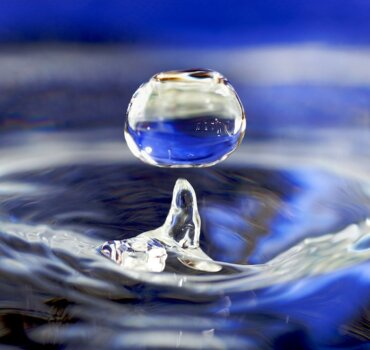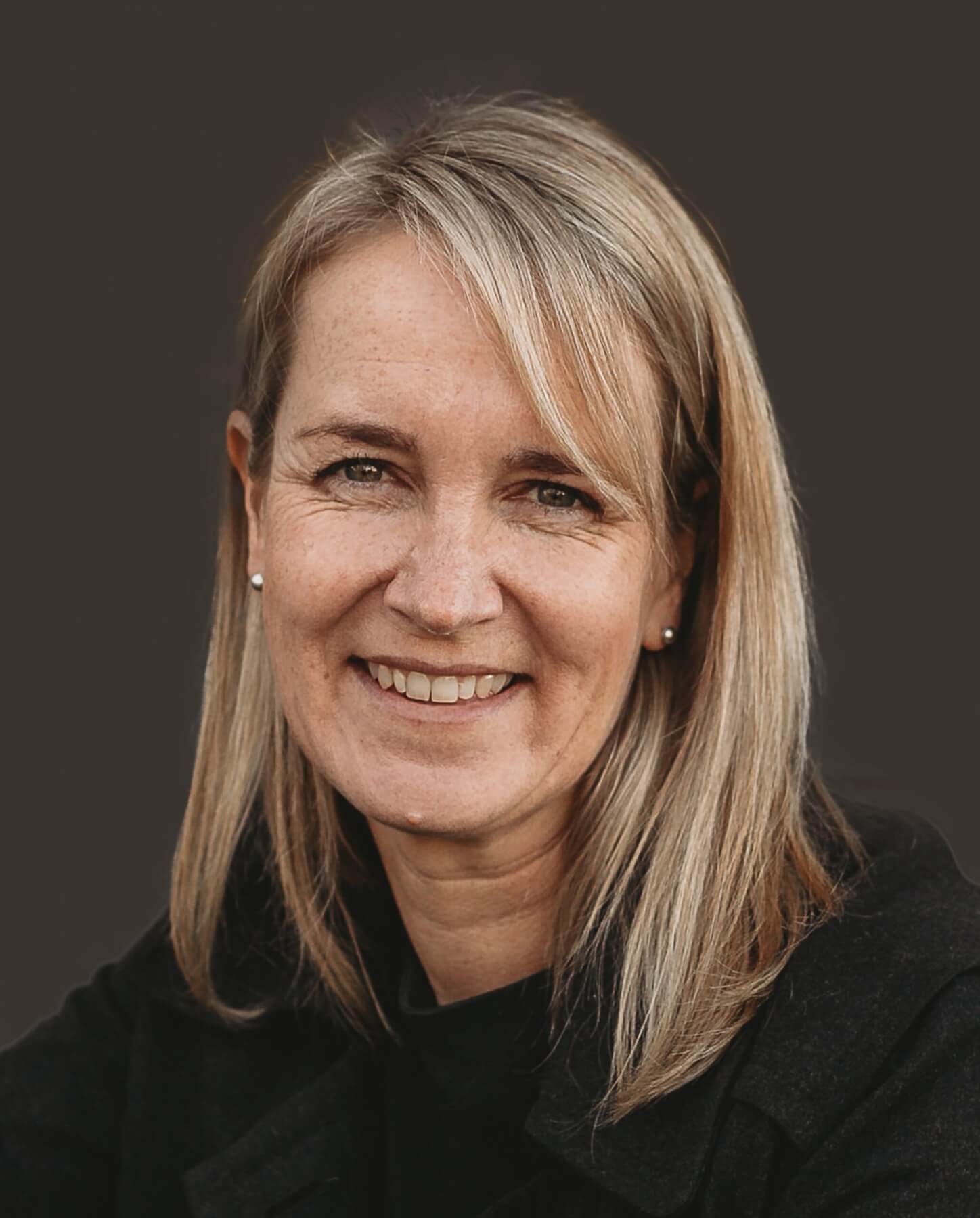
Waipā mayor Susan O’Regan says no amount of “tweaking” to an already-flawed Three Waters model will keep Waipā assets under local control.
O’Regan was responding to today’s announcement from Minister of Local Government Kieran McAnulty about changes to planned water reform. Instead of creating four entities, the government will now create 10 entities, pushing them out until 2026. Waipā District Council will be grouped with nine councils: Hamilton, Waikato, Thames-Coromandel, Matamata-Piako, Hauraki, Ōtorohanga, Waitomo, and Taupo.
O’Regan acknowledged there had been more effort made to recognise and enhance local voice, with each Council now given a place at the table.
“Kudos for that. But there is no real meaningful change in terms of control of our locally-owned assets. We will have 10 councils represented with the same number of mana whenua representatives. It’s an improvement on what was originally proposed but will still severely dilute the control of Waipā’s waters infrastructure away from those who own it – and that’s our community.”
O’Regan said today’s announcement also failed to address the elephant in the room – cross-subsidisation.
“My fear is that Waipā ratepayers will pick up the tab for improved water structure, twice. Our Council and its ratepayers have already invested substantially in this space. We installed water meters district-wide in 2015-16 and we’re just about to invest more than $100 million in a brand new wastewater plant in Cambridge. Those investments absolutely must be recognised.”
The intertwined nature of stormwater infrastructure and the roading network also remained a huge issue.
“I would have felt more comfortable with two waters and not three and I know others around the country feel the same. And given there are now going to be 10 entities, rather than four, I think the savings being bandied about are also looking questionable. It’s clearly going to cost a lot more to run 10 entities and I doubt the savings will be substantial.”










